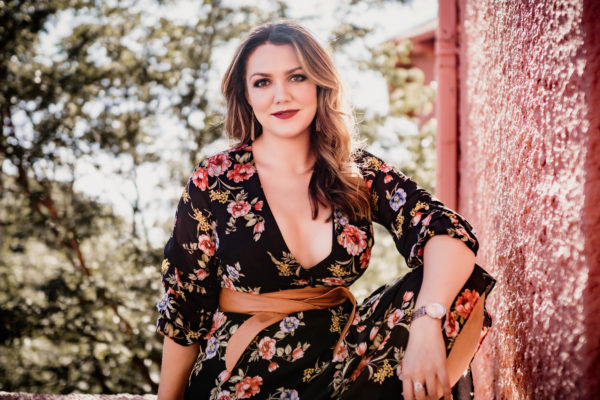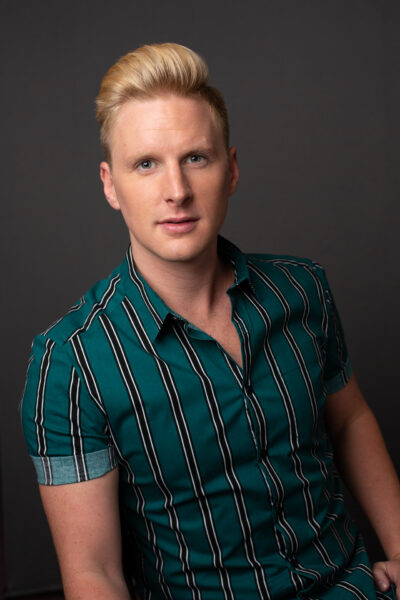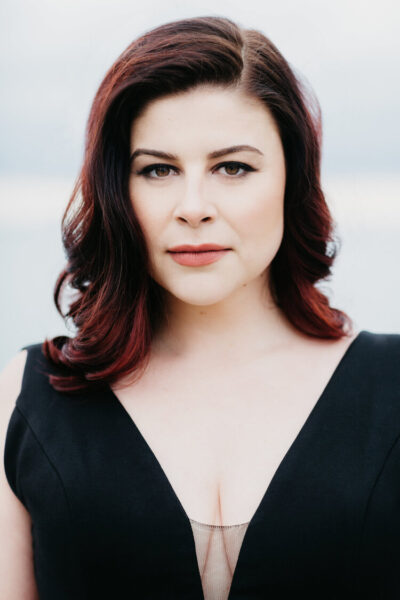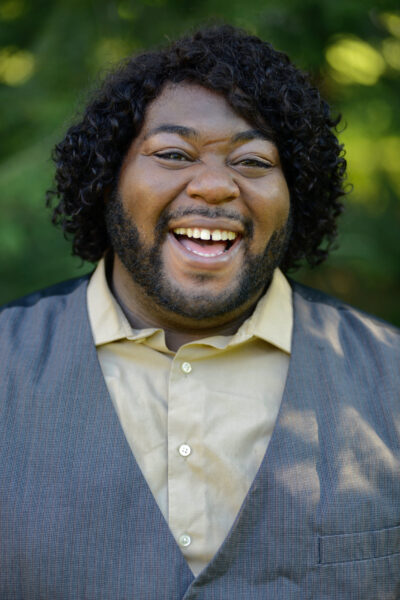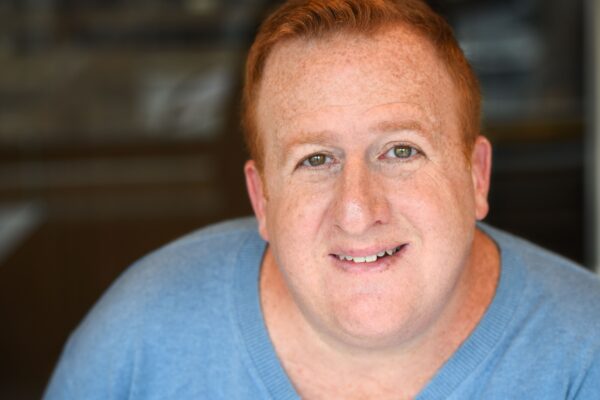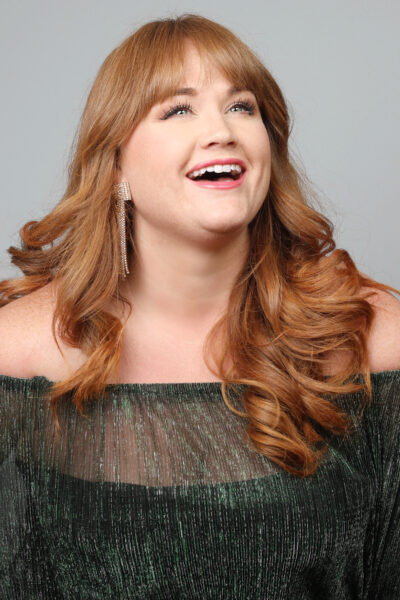Mary-Hollis Hundley was a teenager when her high school issued a routine demand that turned her life upside down. By a certain day, the performing arts school said, all juniors must have submitted their class schedule for the following fall.
By then Hundley had taken three science courses and had long planned to take a fourth. Doing so would line up with her plans for med school. She also wanted to take music theory, which didn’t line up with med school at all.
“My schedule was late,” Hundley said. “I had to make that decision. But I kind of committed then and have never really looked back.”
She chose music theory. It helped that she had the support of her parents, who had met as choristers at the University of Kentucky but chosen nonmusical careers. If she had a desire to study music, her parents wanted her to have that chance, she said. The lingering questions ended up making the decision for her.
“I couldn’t live with the what-ifs of not pursuing music,” Hundley said. “Like what if I had tried, would it have worked?”
Today Hundley is well positioned for a career as a Wagnerian soprano, which calls for power, strength and stamina. After all, Wagner wrote for singers who would perform as instruments in an orchestra, not just float on top of the other musicians. We reached her at her home in New York, where she was preparing to sing in a new opera, Evan Meier and E.M. Lewis’s Sherlock Holmes and the Case of the Fallen Giant.
Her evolution has been unhurried and providential. She grew up in Louisville, learning equestrian sports on the spacious horse farms east of the city. She also sang in the church choir, where she caught the ear of the director, who also led the city’s youth choir. By the eighth grade, he was sneaking her into a choir exclusively for high school students.
The steps along the way fell like dominoes. Hundley graduated from the University of Kentucky with a double major, the music performance she went there for, plus an arts administration degree at her father’s insistence.
“That was the best thing he ever made me do,” she said.
The administrative skills have come in handy, allowing her to work in New York between gigs. Which she needed after graduate school at Mannes College the New School for Music, a time when many singers immediately try to get into young artist programs. She wasn’t ready to jump into that just yet, instead choosing smaller, regional gigs.
She also wasn’t sure how, or even whether, her voice type should be classified. The opera world subsists on such definitions, but Hundley’s resume since proved that pinning hers down to one might be tougher than it sounds.
She was 27 when she joined her first young artist program, with the Des Moines Metro Opera. “My voice type is one that takes some time to develop, making me a bit of a late bloomer,” she said.
At the same time, the time after grad school provided its own rewards, both in the maturation of her voice and life experience that helped her adapt to new challenges. “It was actually a blessing to be one of the older artists during these programs,” she said.
Hundley’s resume resists easy classification. Two years ago she sang the role of Zerlina in Don Giovanni, rated for a soubrette soprano by Fach; then followed that up by covering the Grammy-winning Christine Brewer in the title role in Ariadne auf Naxos, a dramatic soprano role.
She has sung the lyric soprano role of Musetta in La Bohème and even some mezzo roles.
“I think maybe we are overly labeled in this business right now,” she said. “The trend is becoming more and more so, that you have to find a niche and strictly label yourself. That has not been my journey at all, and I realize that I’m kind of the exception to the rule.”
Hundley’s teachers, coaches and directors are, however, pointing Hundley in a specific direction, that of the Wagnerian soprano. And in that context, she said, the variations in her range so far are “fairly typical for a voice of my type, which I’m still kind of aging into or growing into, the rep that I’m going to eventually sing for most of my career, I think.”
She got a chance in a return to the Santa Fe Opera last summer, a chunk of which she spent rehearsing a duet in Wagner’s Die Walküre. A video of this performance shows Hundley as Sieglinde surging through dark clouds of piano with her twin brother (Robert Stahley).
A recent break came Hundley’s way that may foretell the future. The Wagner Society of New York was told about her work in Die Walküre and granted her an audition, leading Hundley to win a prized Encouragement Award. She has since been cast in Wagner’s Die Feen, which runs July 16-Aug. 21 at the Glimmerglass Festival.
She needed only three words to sum up her excitement: “My first Wagner.” — Andrew Meacham
